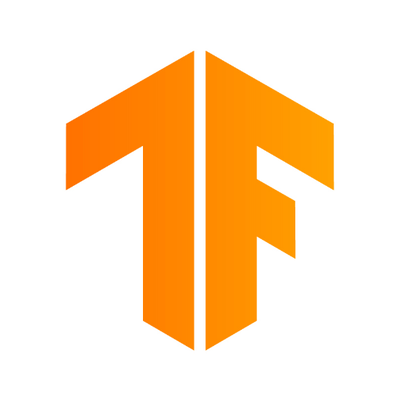
TensorFlow, the open-source machine learning library for research and production, announced the beta version of its upcoming 2.0 release.
According to the team, it has completed renaming and deprecating symbols for the 2.0 API for the beta release. It also includes 2.0 support for Keras features like model subclassing, a simplified API for custom training loops and distribution strategy support for most kinds of hardware
Core components such as TensorBoard, TensorFlow Hub, TensorFlow Lite, and TensorFlow.js work with the beta, while support for TensorFlow Extended (TFX) components and end to end pipelines is still in progress.
According to a post by the company, TensorFlow will complete Keras model support on Cloud TPUs and TPU pods, work on performance, and close issues for the final release. More information on what to expect in 2.0 is available here.
UiPath to train more than 750,000 users on Robotic Process Automation
Robotic Process Automation (RPA) provider UiPath is committed to training 750,000 Americans to work with RPA over the next 5 years through UiPath Academy, its free online training program.
The Academy offers courses that educate professionals for roles like RPA developer, solution architect, infrastructure engineer, implementation manager and business analyst.
“Business automation will have far-reaching impacts on the way we work, and we believe we have an obligation to America and the rest of the world to support the future of work,” said Daniel Dines, CEO and co-founder of UiPath. “We have pledged 80 percent of all the trainings committed to Pledge to America’s Workers.”
The White House Pledge to America’s Workers includes more than 200 organizations like Salesforce, Amazon and Deloitte.
TIBCO announces new cloud-native offerings to address developer challenges
TIBCO announced new and enhanced capabilities for its TIBCO Cloud Integration, Mashery, and Events offerings to tackle challenges developers face when working with cloud-native applications, according to the company.
The latest enhancements include native support for GraphQL, increased application responsiveness that now supports event-driven patterns and a new open source Project Flogo streams designer that offers a web designer.
“Developers have access to an unprecedented array of innovative technologies and powerful cloud compute right now, which empowers them to create new possibilities for customers,” said Rajeev Kozhikkattuthodi, vice president, product management and strategy at TIBCO. “TIBCO helps create that wave by streamlining application development and increasing developer productivity to build incredible customer experiences.”
WSL2 now available to Windows Insiders
The newly released Windows Subsystem for Linux 2 now runs in a virtual machine and includes new WSL commands.
Users will now have to use that VM’s IP address to access Linux networking applications in Windows and vice versa for accessing Windows networking applications from Linux.
New WSL commands allow users to convert a distro to use the WSL 2 or WSL 1 architecture; change the default install version for new distributions; and terminate, list and show information about all running distributions. The new commands can be viewed in detail here.
Microsoft also recommends putting the files that are frequently used with Linux applications into the Linux root file system instead of on the C drive to experience the file performance benefits.






